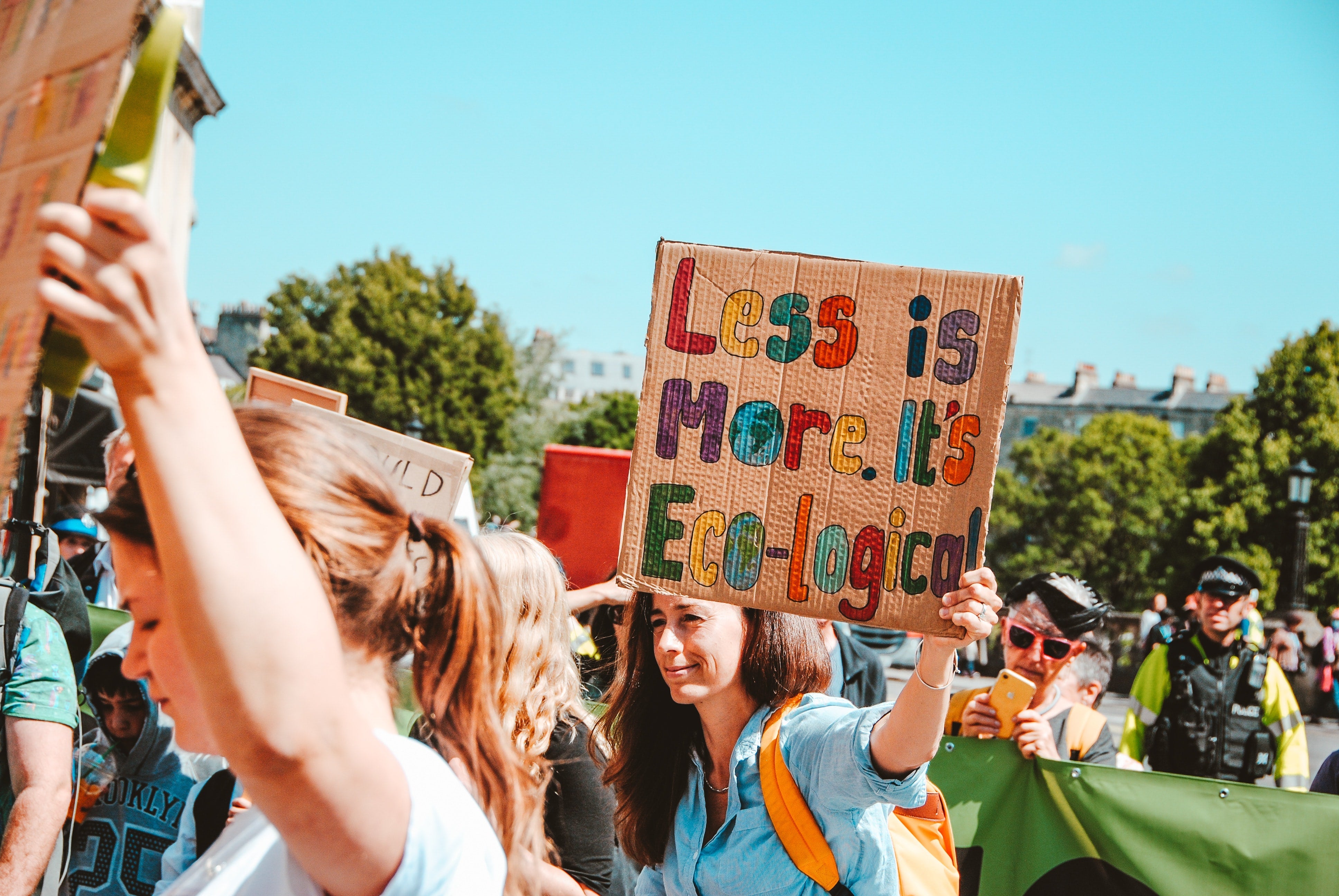This earth day we're looking at the easy ways you can make a difference in your every day life. No one actively wants to harm the planet – it’s not like we spend our time flicking the lights on before we leave a room with a comedy-villain laugh. Though thinking about helping the environment and actually doing something about it are two very different things – it can feel impossible to know where to start. Yet small things really do have a big effect, and there are changes you can make to your everyday life that will help lessen the footprint you personally leave on the planet. Here are five smart ways to do your eco-bit.
1. Ban the bottle
The one drink you should seriously consider cutting down on probably isn’t the first that springs to mind. It’s actually water. Yep, H2O. The nectar of life. The fountain of youth. Buying bottled water is bad for the environment – particularly when it’s totally unnecessary. Millions of barrels of oil are used in the production of disposable water bottles, plus millions of gallons of fuel are used to cart said bottles across the country in big fat trucks. By simply buying a ‘proper’ bottle to carry around with you – one that’s BPA-free (BPA is an industrial chemical contained within certain plastics) – and filling it up with tap water you’ll be helping to limit the environmental cost of producing and discarding empty bottles. We’re incredibly lucky that tap water in the UK is safe to drink. So drink it.

Photo by tanvi sharma on Unsplash
2. Get a smart meter
Say good riddance to the drama of estimated energy bills and the subsequent blazing rows with your flatmates – while also doing your bit to save the planet by using less energy – by getting a smart meter. These super-helpful gadgets allow you to see exactly how much energy you’re using and how much it’s costing you, in pounds and pence, in near-real time. Turn off a light and watch the little money meter slow down – it’s incredibly addictive. Installed by your energy supplier, it makes it easy to identify where you’re using the most energy so you can cut down – on unnecessary energy use and arguments.
3. Feed your garden breakfast
Instead of binning coffee granules and eggshells, chuck them in the garden. Used coffee grounds are not acidic, improving soil structure and providing an excellent nitrogen source for composting. Eggshells, meanwhile, will add calcium – an important nutrient in helping plants build cell walls.

Photo by Pankaj Shah on Unsplash
4. Clean out your disgusting fridge
Twice a year, pull out your fridge and hoover the condenser coils. These are the big metal things located on the back or across the bottom under a panel. Dirty and dusty coils can increase energy consumption by as much as 30 per cent and are responsible for as many as 70 per cent of service calls. Not only will you be helping the environment by pumping out less electricity, you’ll also be saving yourself lots of money in spoiled food and grumpy repair people.
5. Drink organic beer
Yes, it may be a few pence more expensive (or even a few pounds, depending on how fancy your tastes are), but organic beer production facilities don’t blitz their crops with the same environment-hating pesticides that conventional farms and wineries rely on – spraying crops up to a dozen times a year. The more people buy organic, the more pressure will be put on traditional companies to up their eco-game

Photo by Josh Olalde on Unsplash
REF: https://www.stylist.co.uk/life/smart-ways-save-the-planet/64048
IMAGE: Photo by Hello I'm Nik on Unsplash
 Welcome to...
Welcome to... Austria
Austria
 Belgium
Belgium



Share:
Hot Cross Buns....How do you eat yours?
Meet the Cotton Flower Creatives: Coryn Betts